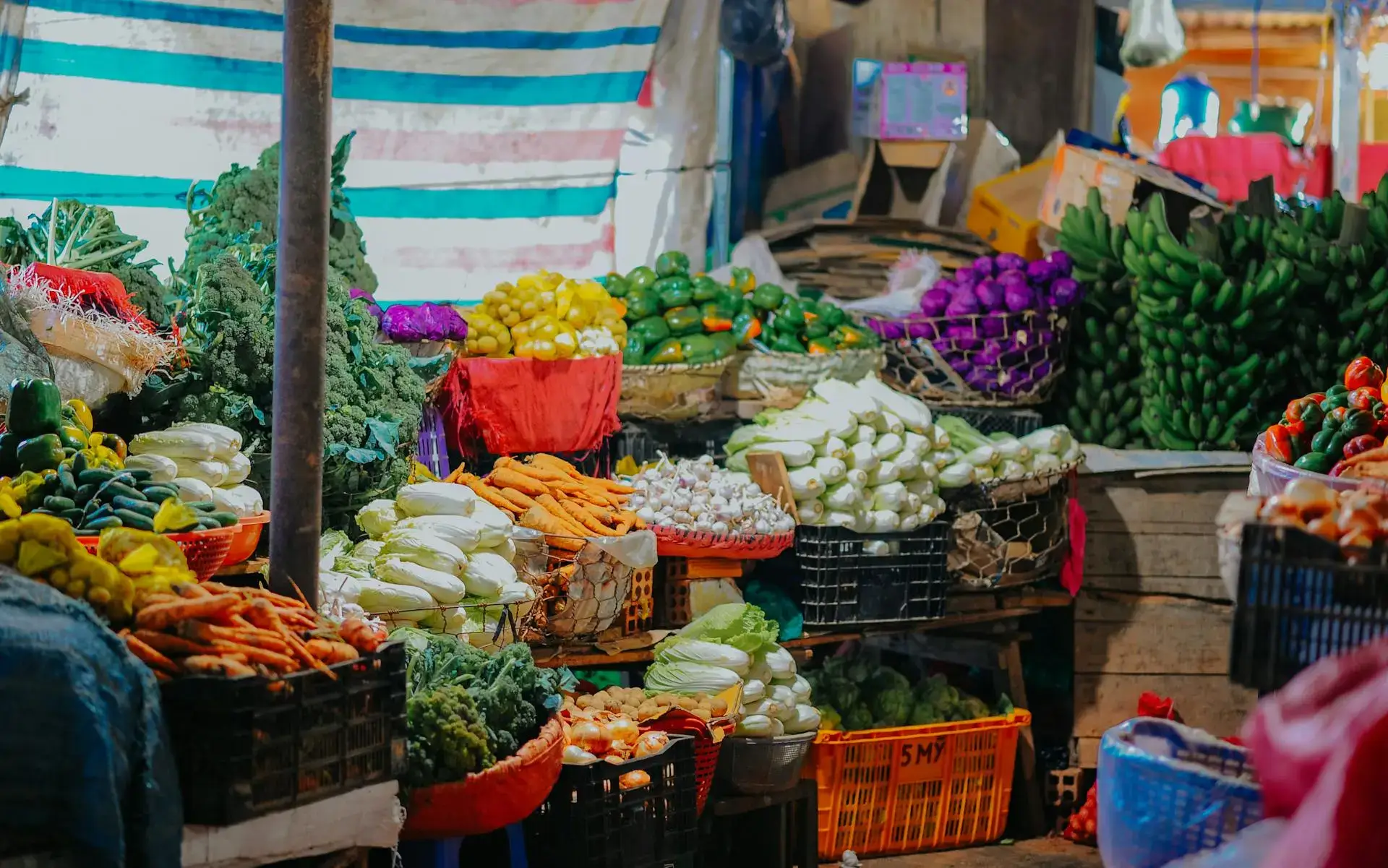
South Africa’s Inflation Rate Cools Down in March
South Africa’s consumer inflation rate slowed down to 5.3% in March, a decrease from 5.6% in February. This decline is largely attributed to slower food price increases, which have been a major contributor to inflation in recent months.
Food Prices Reach a Three-and-a-Half-Year Low
Statistics South Africa (Stats SA) reported that inflation for food and non-alcoholic beverages (NAB) slowed to 5.1% in March, down from 6.1% in February. This marks the lowest annual increase since September 2020, when the rate was 3.8%. Furthermore, bread and cereals registered a softer annual print of 5.0% from February’s 6.1%.
Meat Prices Cool Down, Sugar Prices Remain High
Meat inflation also cooled in March, with the annual rate dropping to 0.8%, significantly lower than the recent peak of 11.4% in February 2023. However, sugar, sweets, and desserts remained above the 15.0% level, with an annual inflation rate of 17.8% in March. Specifically, products with the most significant annual price increases included brown sugar, white sugar, chocolate slabs, and chocolate bars.
Education, Health, and Housing Drive Monthly Inflation
Inflation surged 0.8% monthly in March. Primarily, increases in education, health, and housing fueled this rise. Moreover, education costs spiked 6.3% higher in 2024 versus 2023. High schools recorded the most significant increase at 7.3%.Additionally, primary schools hiked fees significantly. Crèches increased their fees by 6.0%. Furthermore, university boarding costs rose by 8.2%. Consequently, tertiary education became more expensive.
Inflation Pressures on Key Sectors
Soaring health insurance premiums fueled inflationary price surges, as recorded by Stats SA in February. The average cost of health insurance plans experienced an inflationary spike of 12.9% in 2024. Moreover, transportation costs were not spared from the inflationary wave. They increased by 2.0% between February and March, largely attributable to a monthly inflation rate of 5.3% in fuel prices.
Alcohol and Tobacco Prices Increase
Notably, prices for alcohol and tobacco increased by 4.5% overall in the 12 months to March, fueled by annual increases in excise taxes. The index increased by a monthly 1.9% in March, the highest monthly rise since March last year when excise tax increases led to a 2.2% monthly rise.
In conclusion, South Africa’s inflation rate has held steady between 5% and 6%, below the upper limit of the SA Reserve Bank’s target range, since September 2023. While food prices have cooled down, other categories such as education, health, and housing and utilities continue to drive price pressures.
